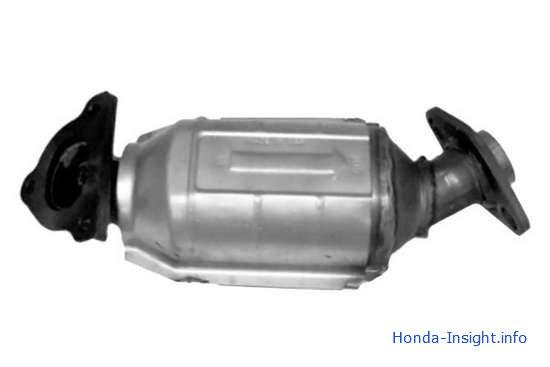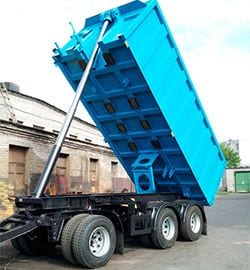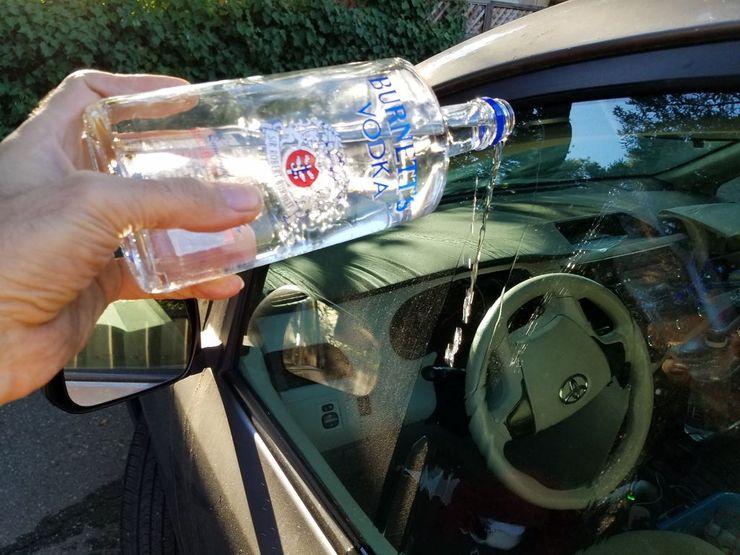
Catalytic Converter FAQ: Mechanic Insight
Content
What are catalytic converters? What are they doing? Is my catalytic converter defective? Our mechanics are ready to answer all your questions about catalytic converters.
What do catalytic converters do?
The catalytic converter is responsible for converting toxic vehicle emissions into compounds that are safer for the environment and human health. As your emissions pass through a catalytic converter, they are converted from toxins like carbon monoxide and nitrogen oxides to harmless compounds like carbon dioxide and water vapour.
Why do people steal catalytic converters?
Catalytic converters have been the focus of many drivers lately for an unfortunate reason: they are being cut and stolen from cars across the country. But why? There are two main reasons for the massive looting of catalytic converters:
- Catalytic converters use expensive precious metals (including platinum) that can sell for hundreds of dollars on the secondary market.
- These vital car components are easily accessible to thieves and easily stolen. Basically, it's like having an expensive piece of jewelry hanging from your exhaust pipe all the time.
You can read our complete guide to catalytic converter theft and what to do if yours has been stolen here.
How to prevent catalytic converter theft?
The best way to prevent catalytic converter theft is to install a security device (such as Cat Security). These metal shields are difficult to cut through, making them resistant to theft. You can learn more about Cat Security in this video from our mechanics, or see the final installation results here.
How do I know if my catalytic converter is bad?
While the most common problem with catalytic converters is theft, these vehicle components can fail just like any other vehicle part. They are responsible for filtering exhaust gases, which can lead to clogging. In addition, car exhaust gases are incredibly hot, which can melt, warp, or break catalytic converters.
Here are 5 main signs that your catalytic converter is failing:
- The smell of sulfur (or rotten egg) comes from the exhaust pipe.
- Poor vehicle dynamics and acceleration
- Exhaust getting darker
- You feel extra heat near the exhaust pipe
- The check engine light comes on
Catalytic converters are also regularly checked during the annual emissions test.
Can catalytic converters be cleaned or repaired?
In most cases, defective catalytic converters must be replaced. Attempts to clean or repair catalytic converters often result in costly complex maintenance with low success rates. This process can result in drivers incurring the cost of both a replacement and a failed repair attempt.
Chapel Hill Tire Catalytic Converter Replacement and Protection
If you suspect your catalytic converter has failed or been stolen, take your vehicle to a mechanic at Chapel Hill Tire. Our technicians are highly experienced in catalytic converter replacement. We also install security devices to prevent future theft and keep your new car safe.
You can find our mechanics at 9 locations in Raleigh, Chapel Hill, Apex, Carrborough and Durham. Our mechanics also routinely service nearby areas, including Nightdale, Cary, Pittsboro, Wake Forest, Hillsborough, Morrisville and more. We invite you to make an appointment, explore our coupons, or give us a call to get started today!
Back to resources

